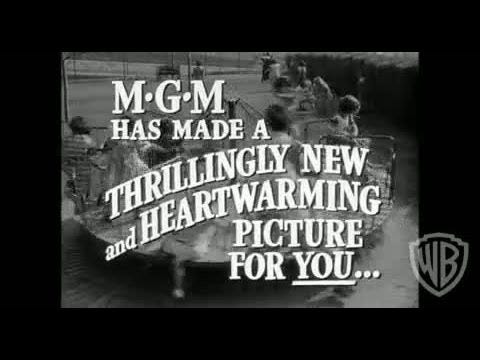In my entry on our Word of the Week, decide, I had occasion to talk a little baseball, and to mention the most decisive home run in Major League history. After all, you can’t get more decisive than hitting a walk-off tie-breaking home run in the bottom of the ninth inning of Game Seven, which is what Bill Mazeroski did in 1960. Maz is still with us, at 88 years old. My go-to baseball stat page ranks Maz as the greatest glove man ever at second base, which I think is the consensus also among baseball historians, as are Brooks Robinson at third and Ozzie Smith at shortstop. But that whole season for the Pirates was magical. The Pirates had begun the 1950’s with eight straight seasons in last or next-to-last place. In 1958 and 1959, they were 162-146, a little above water; and then all the pieces came together in 1960. They were the heavy underdogs in the Series against the Yankees, and in fact that team led by Mickey Mantle, Roger Maris, Whitey Ford, and Yogi Berra outscored them 38-3 in the three games the Yankees won. The Pirates had eked out wins in games 1, 4, and 5 by a combined score of 14-8. And there it was, 9-9, bottom of the ninth — and Maz was leading off.
Now then, our Film of the Week, Angels in the Outfield, takes us to Pittsburgh when the Pirates were absolutely awful. The year after the film came out, 1952, the Pirates, evidently not assisted by the angel Gabriel, went 42-112, an egregiously bad record. The setup is this. Guffy McGovern, the manager of that hapless team, is a hot-tempered fellow with, well, a salty way of yelling at umpires and reporters. He’s played by Paul Douglas, one of the best character actors of the 1950’s, whom we’ve featured here before (and we will again). A woman reporter (Janet Leigh) blames the Pirates’ failures on Guffy’s bad-boy behavior: his fighting, abusing his players, and so on. Meanwhile, a little girl in a Catholic orphanage in Pittsburgh has been praying to the angel Gabriel for help for the Pirates. And that help does come. There’s a “heavenly nine” up there, made up of great ballplayers who have passed on, and these nine, unseen by anybody except for the little girl, manage to tweak things, so to speak, in the favor of the Pirates, who gradually climb out of the basement to win the pennant.
Of course there have to be problems, even in a charming flight of fancy such as Angels in the Outfield. Guffy gets hit in the noggin with a line drive, and while he’s still woozy he blurts out that his team has been assisted by angels. That makes him a laughing-stock, and there’s one reporter (played by Keenan Wynn) who hates Guffy so much, and who has some reason for his animosity, that he tries to get the man barred from baseball for his behavior. And the passage from enmity to love — I’m here talking about Guffy and the newswoman — is never entirely smooth, not even when a very pretty orphan girl is in the picture, whom both he and she come to love. But that’s really just one side of Guffy’s passage from a last-place human being to a good man. And that wonder is greater than that of a baseball team going from last to first.
But you’ll say, “That’s not fair!” Well, grace is a gift, by definition — a free gift, not earned. In any case, the deciding game for the season will have to be won without any angelic help, and with an over-the-hill player on the mound; that’s what Gabriel tells Guffy, and he tells him too that the old pitcher whose arm is nearly worn out will have to do the job. So there is redemption for him, too. That’s what the film is really about.
Baseball fans will also appreciate the cameo roles played by Ty Cobb (twelve-time batting champion for the Tigers), Joe DiMaggio (still playing for the Yankees at that time), Bing Crosby (who owned 15% of the Pirates then), and the current Pirate slugger Ralph Kiner. All these play themselves, and Cobb, DiMaggio, and Kiner are all in the Baseball Hall of Fame. Even better than those cameos, I think, are the shots of old Forbes Field, one of the most unusual and beautiful of the old ballfields, with its cavernous dimensions: 457 feet at the deepest point in left-center, 442 feet straightaway. You had better have speedy outfielders to cover that much ground, and the 1960 Pirates had one of the finest, in right field: Roberto Clemente.




Love this movie!